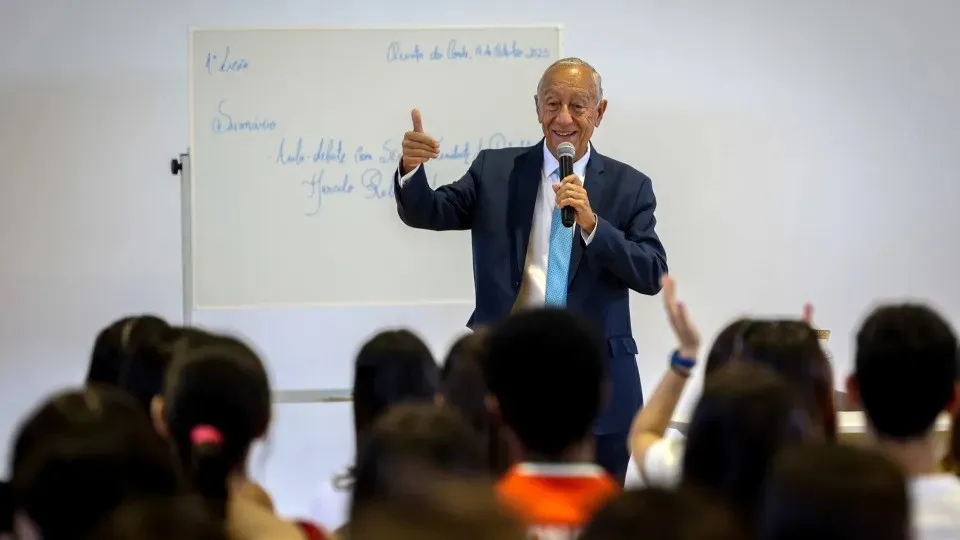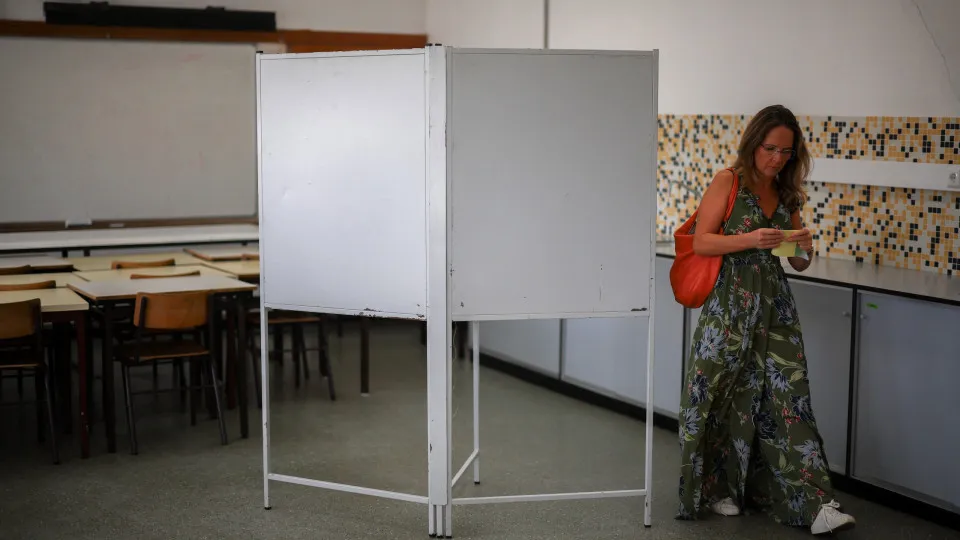
The President of the Republic has enacted the government’s decree amending Decree-Law No. 55/2018, of July 6, which establishes the curriculum for basic and secondary education and the guiding principles for assessing learning. This aims to strengthen the role of citizenship education in the comprehensive formation of students by emphasizing the Citizenship and Development component, according to a note published today on the Presidency of the Republic’s website.
The alterations to the subject will take effect this year, but schools will have until the Christmas holidays to develop their Citizenship Education strategies.
The subject will now be regulated by Essential Learning guidelines, aligned with the new National Citizenship Education Strategy.
The previous 17 domains—some compulsory and others optional—will be consolidated into eight mandatory dimensions: Human Rights, Democracy and Political Institutions, Sustainable Development, Financial Literacy and Entrepreneurship, Health, Media, Road Safety and Risk, and Cultural Pluralism and Diversity.
The government’s proposal, which was subject to public consultation over the summer, sparked controversy, particularly due to the apparent omission of topics related to sex education.
In the final version, the Ministry of Education, Science and Innovation did not introduce new topics and generally retained what was proposed in the public consultation version, although some concepts were clarified and given more emphasis, addressing some of the criticisms made.




